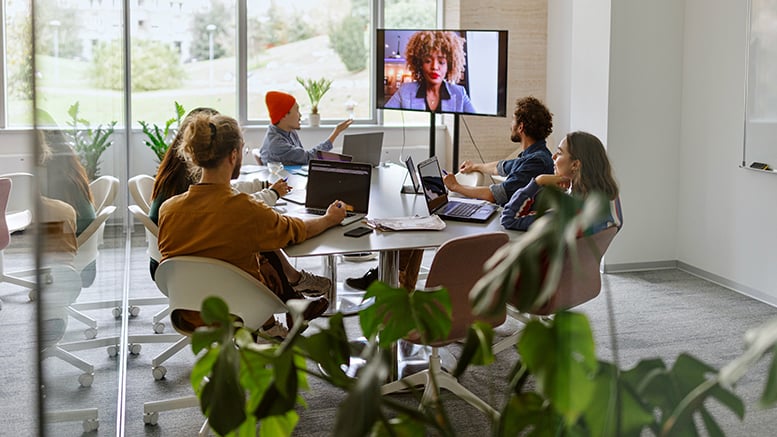How Families and Parents Can Stay Secure While Educating Children from Home
agosto 6, 2020 / Unisys Corporation
To say that the world has changed dramatically as a result of the COVID-19 health crisis is an understatement. But the reality is that many of the far-reaching effects of COVID-19 are still being understood. In particular, this relates to cybersecurity and how we educate our nation’s children – particularly as the hybrid or virtual model for schooling in the fall is becoming a reality for many families.
Consider that months ago, when the pandemic was first breaking across American shores, the immediate concerns, understandably, were around the economy, healthcare infrastructure and familial health. In fact, the Unisys Security Index™, the longest-running snapshot of consumer security concerns conducted globally, showed that only 31% of Americans expressed serious concerned about the impact of the pandemic on their children’s education, suggesting many may have had a false sense of security while working, shopping and schooling from home.
Now, as students look to be spending a lot more school time on their computers throughout the fall, so too does the risk that they run into cyber threats. And this poses a serious risk, not only to the child’s schoolwork, but to every family member in the household working, shopping and learning through a shared Wi-Fi network. Consider that according to the FBI, some 20,000 COVID-19-related cybersecurity threats have been reported to the Bureau’s Internet Crime Complaint Center (IC3) so far this year, which is more than the IC3 saw for all threats in 2019.
For families to stay safe as they navigate this new environment, whether educating children from home or just continuing to shop, share and interact online, there are a few things people can do to stay safe online.
- Look for software support. If a parent is unable to fully supervise a child while they’re doing school work, there is “nanny software” that people can invest in that helps monitor what their families are doing. This software can be used as a lesson to teach kids what websites are or are not appropriate as well as provide a regular report on a child’s online activity.
- Separate work from play. When using laptops, tablets, and phones, if you are able to get and provide your child with a personal computer that’s not given by the school, one of the first things you need to explain as a parent is that this is your work system. This is not your play system and you need to use it for school only.
- Talk to your children about cyber safety. It’s important to build trust so that if your child is concerned about something they see on the internet, they can ask you without fear of reprisal. Help them understand the dangers that can come with being on the web, and don’t be afraid to ask them if they’ve come across anything out of the ordinary online.
- Verify all hyperlinks. If you have doubts, look at the domain in the URL and use online search engines to verify it independently. Before clicking links that are sent to you, hover over the link with your mouse arrow and ensure it is taking you to the intended website.
- Secure your hardware. Make sure you are protecting your Wi-Fi network and devices around the house by patching and updating to the latest firmware and checking the brand and model for security risks. It is also important to change default passwords and use passwords of significant strength (greater than eight characters with three of the following four (upper case, lower case, number, special character). Do not use words or deviations of words as passwords.
All of this is to say that the world now finds itself at a critical juncture. As work and schooling from home becomes a new normal for the foreseeable future and as more things are connected to networks around the world, it’s not just our financial systems that are at risk from bad actors.
The realities of our new digital world, compounded by the reality of the global pandemic, requires that we all rethink how we approach security. And in no area is this more important than when it comes to educating our children and helping prepare them for the future where they can learn, shop and play online – securely.


